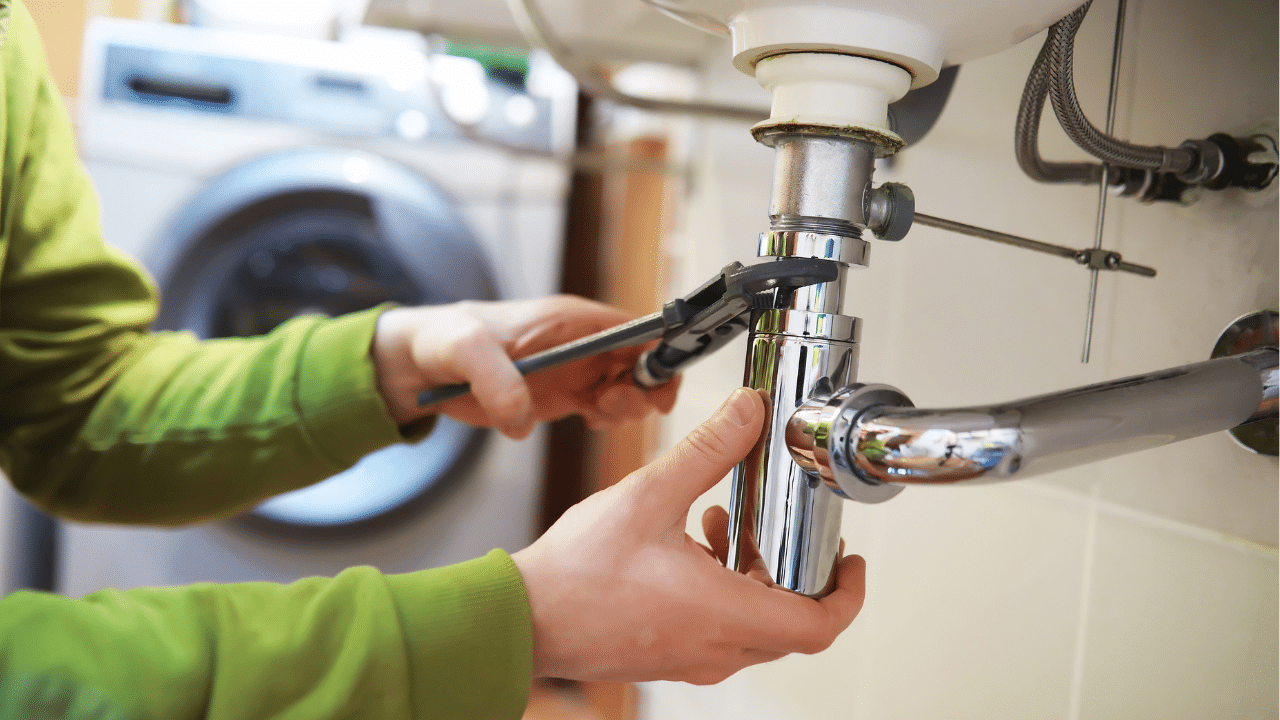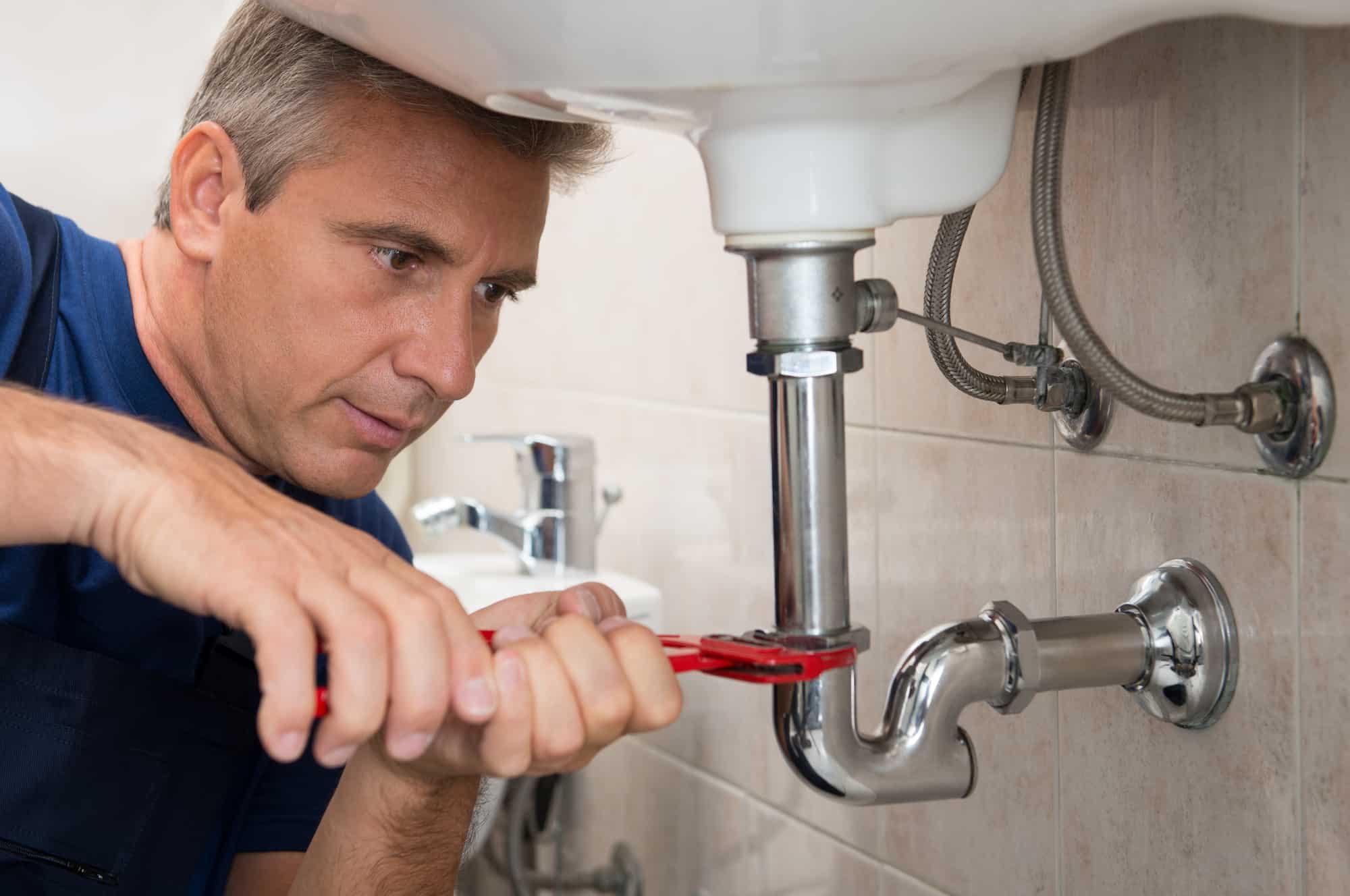All Categories
Featured

[/image][=video]
[/video]
Pedersen, a retired pharmaceutical exec, was hesitant to call anybody else. The home, built around 1910, has elaborate pipes and piping issues, and "he knows your home really well," Pedersen says. <!-> <!-> While an unresponsive plumber might seem an indication of a shabby operation, it can additionally be the indicator of a person sought after.
:max_bytes(150000):strip_icc()/top-plumbing-tools-1824860-hero-867cc1e34408463dbab86838f89e7762.jpg)
It was just after the remainder of the room was finished that Percel found the heating system really did not work. It transforms out the pipes weren't the ideal type for steam warmth, but the plumbing had actually never tested them to figure out. "I 'd just assumed he would certainly evaluated the pipelines and examined for steam," Percel states.
Many plumbing professionals presume it's the customer's duty to verify that existing parts function prior to making modifications. Percel's plumbing professional was not the owner of the business, whom he 'd talked to and whom he believed he was hiring.

Silk, the Maryland plumber, states a good plumbing professional must agree to speak with a problem with a consumer on the phone. Neighborhood plumbing-supply shops, he states, can also offer advice and ideas for basic repair services such as a leaking faucet or a shower-head replacement. <!-> <!-> John Rendahl, a sales associate at R&D Plumbing Products near Seattle, claims many clients go to the shop entirely to ask how to repair something themselves.
Should I Hire A Plumber?

He recalls one client who just recently can be found in wondering regarding an issue with a 35-year-old Kohler low-boy bathroom that wouldn't stop running. Rendahl opened a parts book, sought out the shutoff for that specific bathroom and, based upon the issue the consumer defined, advised that he replace the tank sphere.
Latest Posts
The smart Trick of Identity Protection Tools That Nobody is Discussing
Excitement About Identity Protection Tools
24/7 Plumber